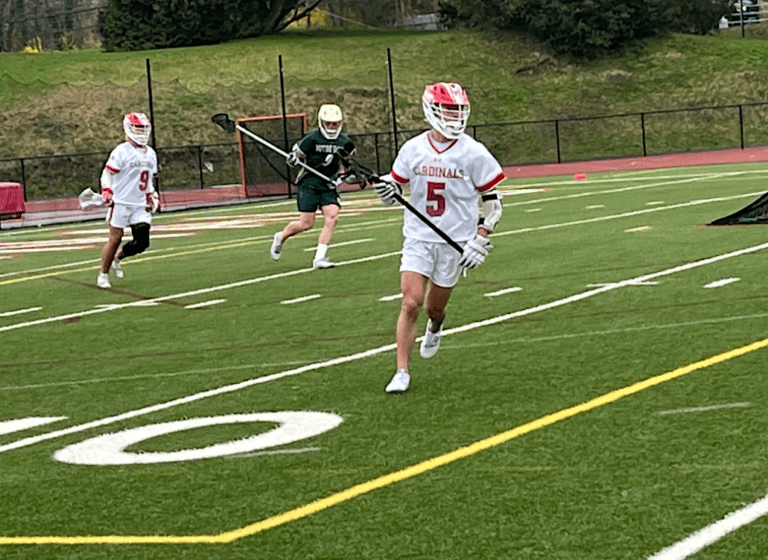By Thomas Healey
Over my twenty years as a professional educator, I have learned that the one thing I can count on across all age groups is that kids are always asking “why?” Parents are all too familiar that this begins as soon as their notoriously relentless toddlers can speak: “Daddy, why is the sky blue? Why can’t I turn on the car? Why do I have to eat my vegetables? Why can I not put a lego in my nose?” For middle schoolers, this curiosity continues — often with a healthy independent edge — when they challenge authority by asking why they might have to do something adults believe will be good for them. Responding to this open challenge with the traditional, “because I said so,” or “because you need to know this to get into college one day,” or “I can’t explain it but you have to trust me,”’ is simply no longer an adequate answer for young people in today’s day and age.
Due to the World Wide Web, our kids have nearly unlimited access to information at a moment’s notice, so educators (and likely parents, too) are finding that a pat answer isn’t enough. Students really need to know that their “why?” questions are valid, learn how to persist in their questioning, and then discover how to answer their own questions by interpreting their findings and understanding how to apply that information and knowledge to real-life situations. In addition, students must develop confidence that they possess these skills, and it is imperative that parents and educators foster and perpetuate this curiosity in order to promote life-long learning. I believe strongly that the Greenwich community should be aware that this guiding principle ties directly to the Greenwich Schools foundational document, the “Vision of the Graduate.”
While the “Vision of the Graduate” is firmly at the center of our work as a school district and has been for over 10 years, I am always surprised to find in my discussions with parents that it is not as widely known and discussed as I would have thought. I have wondered if this is because when people hear the term “graduate,” they believe it applies to specifically to high school students and elementary students are not included in the framework. Whatever the case may be, it has become my mission in many ways to ensure the Central Middle School community knows its significance and possesses the understanding of how the “Vision of the Graduate” is a critical resource.
Organized into three overarching categories: academic, personal and interpersonal, the GPS “Vision of the Graduate” identifies 13 capacities that encompass the skills necessary for empowerment as life-long learners. “Educating all students to the highest level of academic achievement,” rooted in the mastery of a core body of knowledge and grounded in the Common Core Standards, is the significance of “enabling all students to reach and expand their potential” and “preparing our students to become productive, responsible, ethical, creative and compassionate members of society.”
School, of course, must ideally be a place where kids run from class to class because they feel confidence as students and they can’t wait to learn something new (figuratively of course — no running in the halls is one part of school that hasn’t changed in 100 years!). It is so important that schools create learning experiences to emphasize critical skills we all need to meet with success in the world today: questioning, problem identification and problem solving, communication and collaboration, self-reflection and resilience, to name a few. When our students feel empowered to apply these skills to situations they find meaningful or are passionate about, the possibilities are endless. Middle schoolers never cease to amaze me for many different reasons, but more and more, I find the incredulousness comes from their contributions to their classes, school and wider community at a relatively early age. With the “Vision of the Graduate” in mind, parents and educators can provide the framework for student questions like, “Why do I have to do that?” and help them see how they can turn it into “How can I make a difference in my life and in my world?”
Thomas Healey is the Principal of Central Middle School



